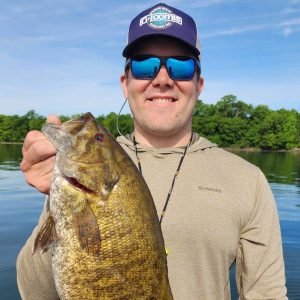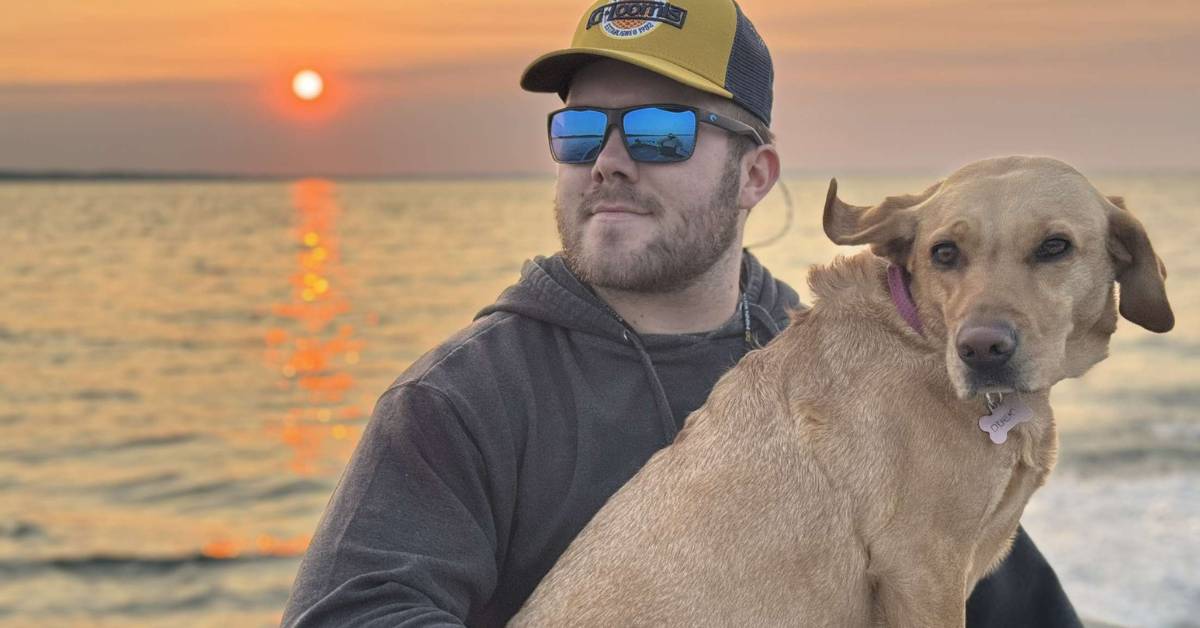"As I grew up on the reservation, I watched so many wildly capable individuals experience poor health outcomes, specifically dealing with drug and alcohol addiction in Native communities...I believe that my master’s of public health will give me the tools necessary to address these health disparities."
What was that moment in your life when you decided you wanted to study public health?
[Keenan] I grew up in Onamia, MN, within the boundaries of the Mille Lacs Band of Ojibwe reservation. There I experienced firsthand the barriers to healthcare access; I witnessed the poor health outcomes unfold around me. I knew I wanted to help people live healthy and fulfilling lives, I just didn’t know how. But when I learned of the potential for driving change, I knew immediately that I wanted to pursue a career in public health.
What specific issue or area of research in public health do you care the most about and why?
[Keenan] As I grew up on the reservation, I watched so many wildly capable individuals experience poor health outcomes, specifically dealing with drug and alcohol addiction in Native communities. The county I live in has one of the highest rates of drug overdoses per capita in the state, and growing up in a rural community where everyone knows everyone, you can really feel the impact. I believe that my master’s of public health will give me the tools necessary to address these health disparities.
Why did you choose U of M SPH?
[Keenan] I was drawn to U of M SPH because of the school’s focus on health equity and antiracism. It was also an easy transition since I went to U of M-Morris for undergrad. I was impressed by the supportive network at the university for Native students. I’ve met some great people, including Professor Rebecca Wurtz and Native American Outreach & Communications Associate Feather LaRoche, who made me feel very welcome, and made the transition from U of M-Morris flawless.
What do you think of the school’s focus on antiracism?
[Keenan] Our focus on antiracism is really important because we are trying to address a long history of wrongdoings. Looking at the treaties and policies instituted by the federal government, so many of them had white supremacist narratives built into them. When we look at the Indian Appropriations Act, Indian Civilization Act, and countless others, it is obvious that these policies are a foundation for the negative health outcomes that Native people experience. Being a school that benefits from generations of white supremacy, it is important to have something like SPAR [the Strategic Plan for Antiracism] to put words into action. The focus on antiracism fosters an introspective and reflective analysis of the field, which will facilitate growth, and eradication of disparities. It is about righting the wrongs of history in pursuit of health equity. I have been incredibly happy with my education here.

What do you like to do when you’re not in class?
[Keenan] I own and operate the Windy Fishing Guide Service! I offer guided fishing trips throughout the state of Minnesota, chasing trophy game fish like smallmouth bass, muskie, and walleye. I also make an annual trip to Alaska to guide silver salmon. I recently applied for my OUPV 6 Pack Captains license, which will provide new guiding opportunities!
What do you like about living in Minnesota, and do you plan on staying here after graduation?
[Keenan] I like the culture, the environment, and the opportunities for outdoor activities. The vastness of Minnesota is incredible. Traveling to different parts of the state feels like a completely different place. After graduation, I intend to return to the reservation in central Minnesota.

